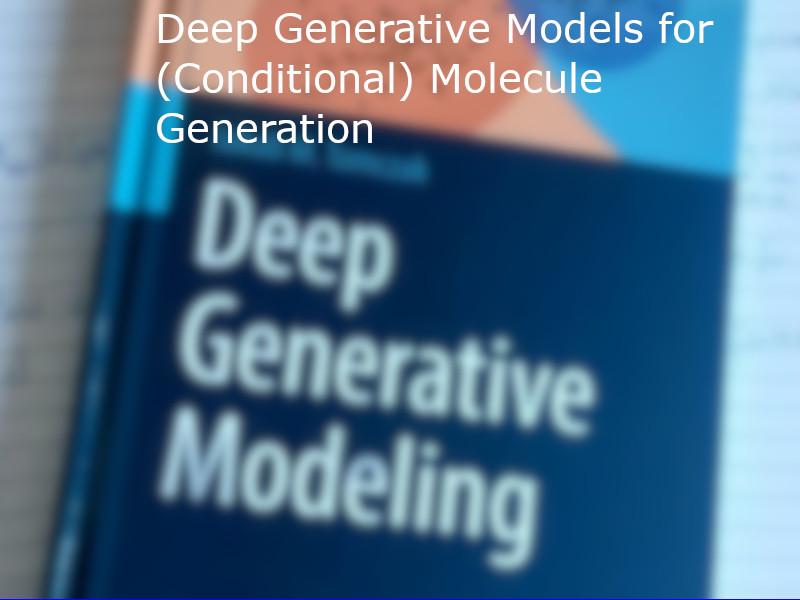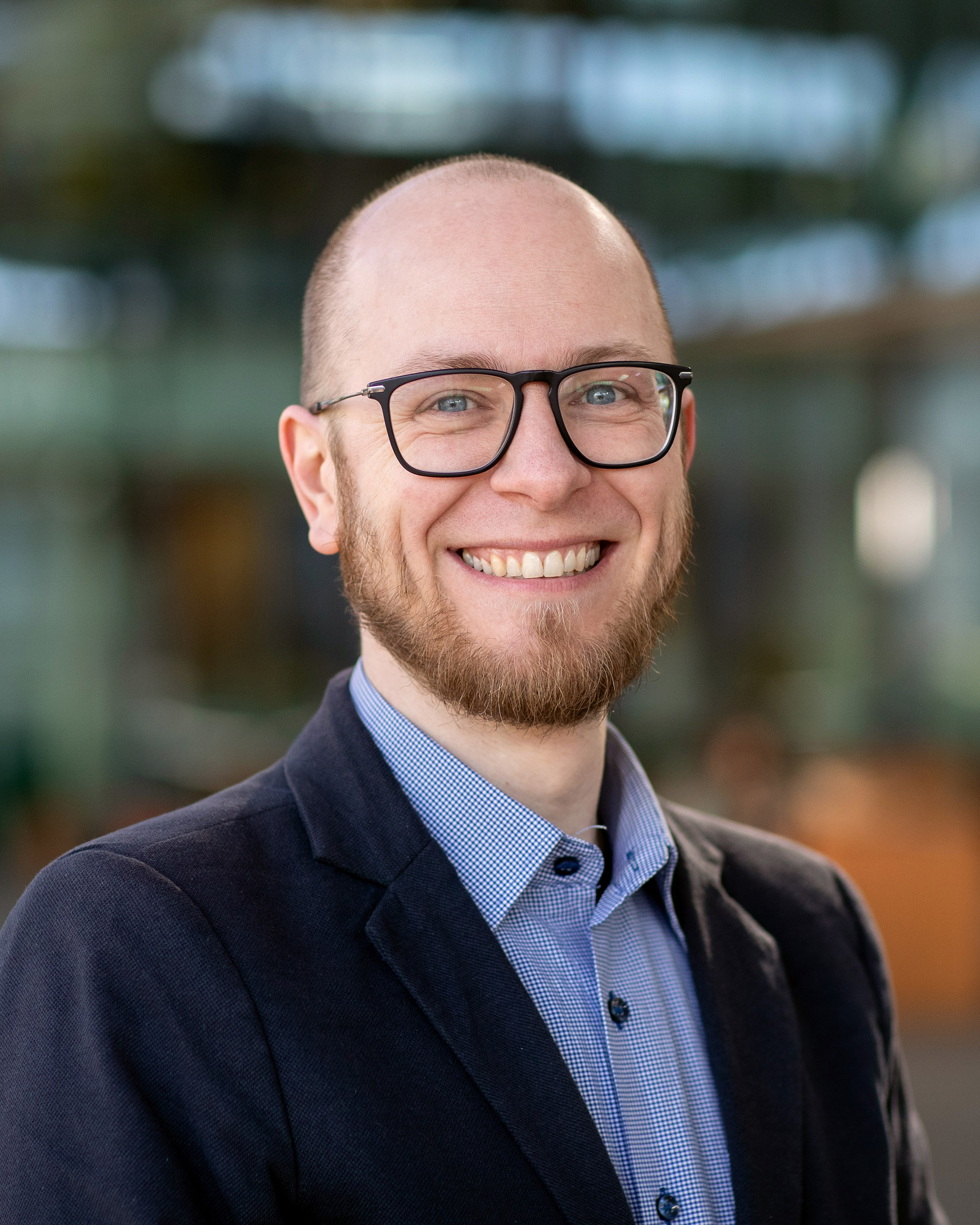Project: Deep Generative Models for (Conditional) Molecule Generation
Description

Project
description:
Generative
AI has become one of the leading approaches to (conditional) molecule
generation. Like Large Language Models can learn (to some degree) rules
governing natural language, could Large Chemistry Models learn rules governing
atoms (quantum chemistry)? This is the leading research question of this project.
To answer this question, we will look into various representations of molecules
and deep generative models suitable for them. We will consider at least one of
the problems in (conditional) molecule generation, e.g., de novo drug design,
lead optimization, structure-based molecule generation.
In this
thesis: (a) you will study the techniques for formulating molecule generation
models, (b) you will formulate and code your molecule generation models, (c)
you will design and carry out evaluations for your molecule generation models.
Literature
(examples):
- Bagal et
al., “MolGPT: Molecular Generation, “Using a Transformer-Decoder Model”, https://pubs.acs.org/doi/10.1021/acs.jcim.1c00600
- Brown et
al., “GuacaMol: Benchmarking Models for de Novo Molecular Design”, https://pubs.acs.org/doi/10.1021/acs.jcim.8b00839
- Gomez-Bombarelli
et al., “Automatic chemical design using a data-driven continuous
representation of molecules”, https://arxiv.org/abs/1610.02415
- Ozcelik et
al., “Structure-based drug discovery with deep learning”, https://arxiv.org/abs/2212.13295
- https://jmtomczak.github.io/blog/15/15_transformers.html
- Tomczak,
“Deep Generative Modeling”, https://link.springer.com/book/10.1007/978-3-030-93158-2
Prerequisites:
- reading and
understanding scientific literature
- very good
coding skills in Python using PyTorch and other ML libraries
- good knowledge of Deep Learning and the basics of Generative AI
- curious
attitude, independence, thinking out-of-the box
Details
- Student
-
SDSidney Damen
- Supervisor
-
 Jakub Tomczak
Jakub Tomczak